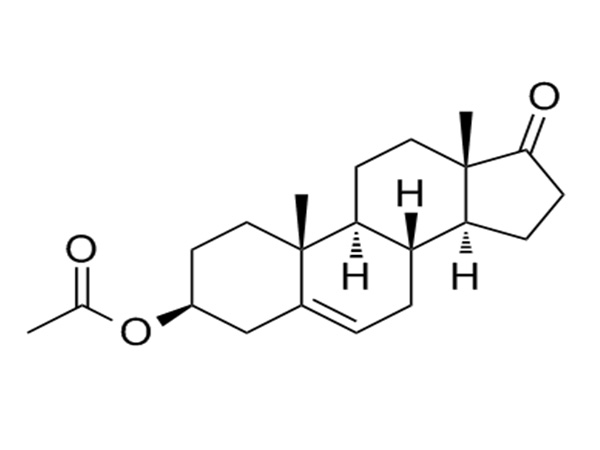Exploring the Therapeutic Applications of DHEA Acetate (Prasterone Acetate) in Clinical Practice
2024-03-18
In the realm of hormone therapy and supplementation, DHEA Acetate, also known as Prasterone Acetate, stands out as a compound with diverse therapeutic potential. Derived from dehydroepiandrosterone (DHEA), a hormone naturally produced by the adrenal glands, DHEA Acetate has garnered attention for its wide range of clinical applications. Let's delve into some of the primary therapeutic uses of DHEA Acetate in clinical practice.
What is DHEA Acetate?
DHEA Acetate is a synthetic form of DHEA, a precursor hormone that plays a crucial role in the synthesis of various sex hormones, including testosterone and estrogen. While DHEA is produced naturally by the body, its levels decline with age, prompting interest in supplementation to address age-related hormonal imbalances and associated conditions.
1. Hormone Replacement Therapy (HRT)
One of the primary therapeutic applications of DHEA Acetate is in hormone replacement therapy. As individuals age, levels of DHEA decline, which can lead to symptoms such as fatigue, mood disturbances, and reduced libido. Supplementing with DHEA Acetate may help restore hormonal balance and alleviate these symptoms, improving overall well-being and quality of life.
2. Anti-Aging and Age-Related Conditions
DHEA Acetate has been studied for its potential anti-aging effects. Some research suggests that DHEA supplementation may help mitigate age-related changes in body composition, cognitive function, and immune function. Additionally, DHEA Acetate may offer protective effects against age-related conditions such as osteoporosis and cardiovascular disease, although further research is needed to elucidate its full therapeutic potential in this regard.
3. Mood Disorders and Cognitive Function
There is growing interest in the use of DHEA Acetate for the management of mood disorders such as depression and anxiety. Studies have suggested that DHEA supplementation may exert antidepressant and anxiolytic effects, possibly by modulating neurotransmitter activity in the brain. Furthermore, DHEA Acetate has been investigated for its potential cognitive-enhancing properties, with some evidence suggesting improvements in memory and cognitive function.
4. Sexual Dysfunction
DHEA Acetate supplementation may offer benefits for individuals experiencing sexual dysfunction, including erectile dysfunction and decreased libido. By supporting healthy hormone levels, DHEA Acetate may help improve sexual function and enhance overall sexual satisfaction.
5. Immune Function
Research has also explored the role of DHEA Acetate in modulating immune function. DHEA is thought to exert immunomodulatory effects, influencing the activity of immune cells and cytokines. Some studies suggest that DHEA Acetate supplementation may enhance immune function and reduce the risk of infections, although further research is needed to establish its efficacy in this regard.
Conclusion
DHEA Acetate (Prasterone Acetate) holds promise as a versatile therapeutic agent with diverse applications in clinical practice. From hormone replacement therapy to anti-aging interventions and beyond, DHEA Acetate offers a multifaceted approach to addressing various health concerns associated with hormonal imbalances and aging. While further research is needed to fully elucidate its mechanisms of action and therapeutic potential, DHEA Acetate remains a compelling area of study in the field of endocrinology and beyond.



